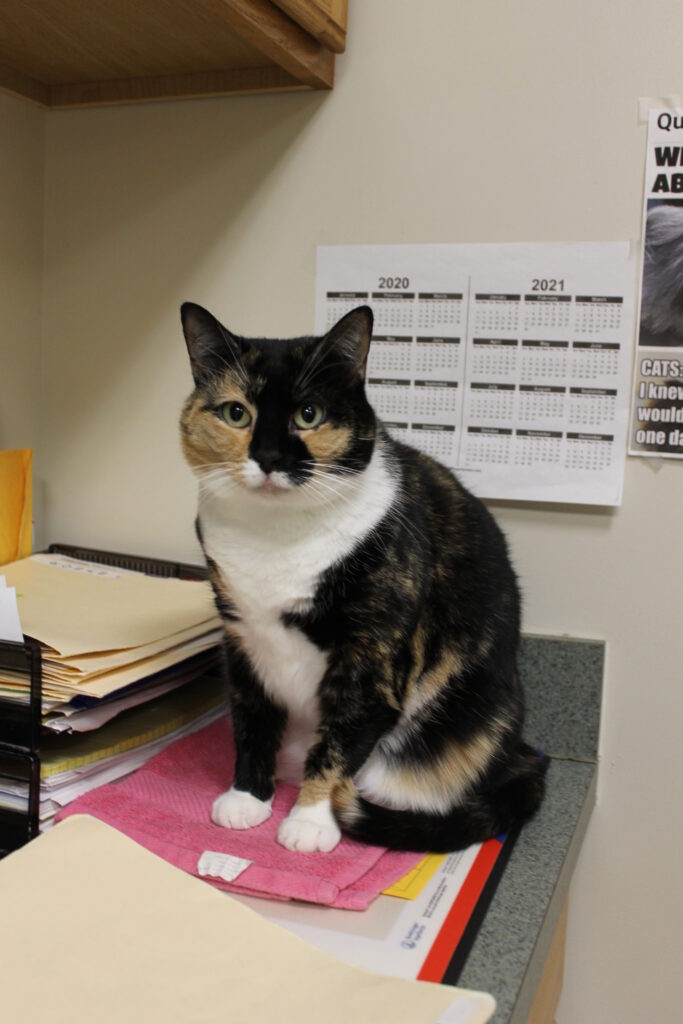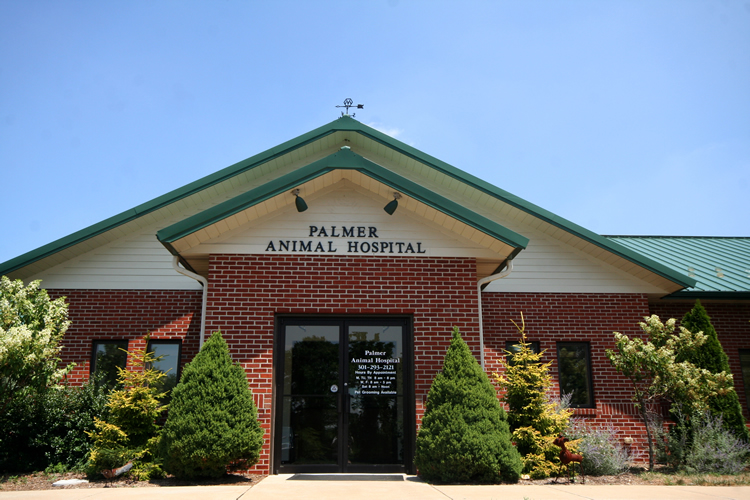With the COVID-19 Pandemic still affecting our everyday lives, some people have turned to new and dangerous ways of preventing infection – the drug Ivermectin. Ivermectin has been prescribed to people in the past to treat minor infections of head lice, scabies, and other parasitic diseases. However, it is more commonly used in livestock animals for the control of worms as an anti-parasitic, and there is little to no research on its effects on the virus causing COVID-19. Even so, there has been a large increase in the number of prescriptions of ivermectin – from 3,600 per week prior to COVID-19, to 88,000 per week in mid-August – which have been used by people to supposedly protect themselves from the virus. In addition, calls to Poison Control Centers have jumped fivefold over the baseline in July, just from people ingesting Ivermectin from livestock supply stores. This is as a result of incorrect dosing, as most ivermectin doses are calculated for 1,000- or 2,000-pound animals rather than humans which are 1/10 of the weight. The large increase in the drug use has also led to shortages from manufacturers, affecting farmers who need the drug for their livestock. Trials have been done to test Ivermectin’s effectiveness in preventing the coronavirus, but they seem to have no effect on the disease. The largest trial, The Together Trail, was stopped during the study as Ivermectin was shown to be no different than a placebo in preventing COVID infection or reducing the duration and severity of symptoms. With this said, the FDA has not approved the use of Ivermectin for treating or preventing COVID-19, and it is not recommended to take the drug without the proper prescription from a doctor.




